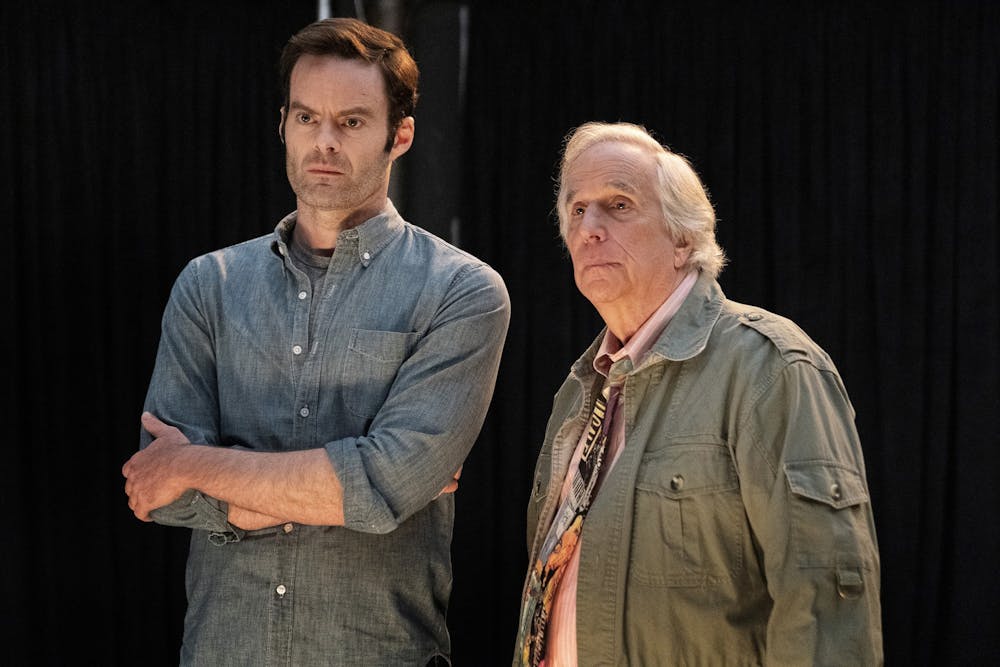The finale of the third season of “Barry” aired on HBO on June 12. The critically-acclaimed dark comedy has enthralled audiences since its beginning, even through the continued darkening of its material in the second season. Its newest installment continues this trend, becoming more and more somber but remaining light enough to be compelling.
The basic premise guiding the first season of “Barry” is enough to hook viewers: a hitman becomes disillusioned with his profession and follows his aspirations to become an actor. With Bill Hader writing, directing and starring in the titular role, the dark comedy generated interest almost immediately.
The first few episodes of the first season delivered what was expected, showcasing Barry’s flailing attempts to exit his hitman life and learn to act. As the show goes on and Barry’s past catches up to him, the tone becomes more bleak and the stakes get much higher, culminating in the first season’s finale.
Throughout the second season, these dark themes progress as the scope of the show widens. Its humorous tone persists, but the narrative is increasingly fraught with tension and grief. The third season continues this descent, and as many of the main characters spiral into heretofore unseen lows, viewers can only watch the train wreck.
Barry himself is the prime example of this. Viewers have followed his journey from a hopeful actor and soon-to-be-ex-hitman through his mild theatrical success and scramble to cover up his past. At the beginning of the third season, he’s an empty husk of himself, mindlessly and remorselessly carrying out contract killings while passively working as an actor.
His relationship with Sally (Sarah Goldberg) has devolved to almost nothing, what with his own deadened state and her unceasing work on her new show, “Joplin.” This comes to an explosive head in the second episode when Barry, unable to get his way, completely flies off the handle and screams violently at her in her office, forcing viewers into recognition of his unstable mental state.
The development of Barry and Sally’s relationship serves as an important piece in the show’s biting criticism of Hollywood show business. Shown mainly through Sally’s career path, the show has critiqued numerous levels of the film and theater industries, beginning with season one’s acting class and culminating in the production and release of “Joplin.”
Take this particular scene in the second episode, for example. After the incident, Sally is convinced that Barry was just having a bad day, despite the concerns of her young co-star, Katie (Elsie Fisher). Many on her production crew respond similarly to Katie, not wanting to jeopardize their own employment, but Katie eventually confronts Sally about the issue, leading to her and Barry’s breakup.
These sorts of pressures and social norms of Hollywood are put on full display in “Barry.” Although these themes may seem strange based on the show’s premise, the story is steeped in show business. It offers a stinging satire of the industry in a humorous but affecting way, and the mental lengths to which Sally is pushed because of it even rival those of her murderous beau.
Viewers who have enjoyed “Barry” thus far, and particularly those who enjoyed the second season, will certainly find more to love in the third. Thrilling performances by Hader and Goldberg, as well as the other engaging characters, ensure that the show’s continued plunge into its darker elements remains as entertaining as it is heartbreaking.




